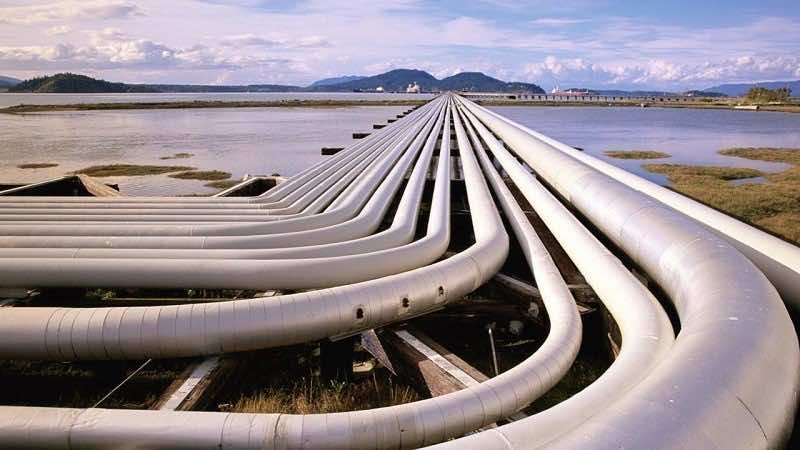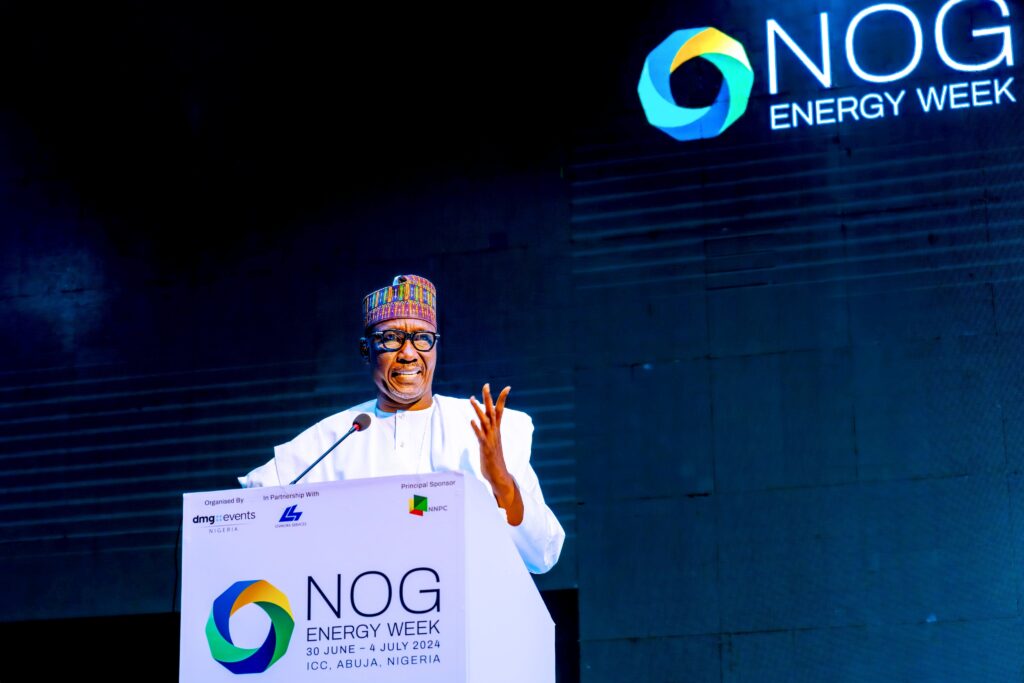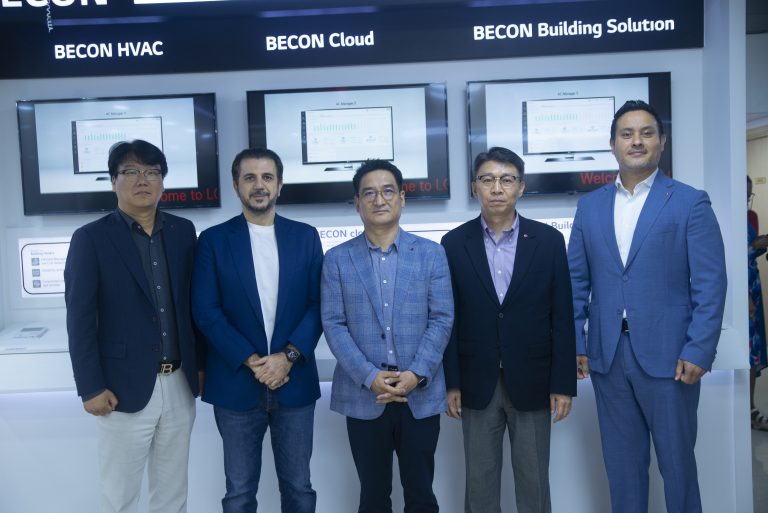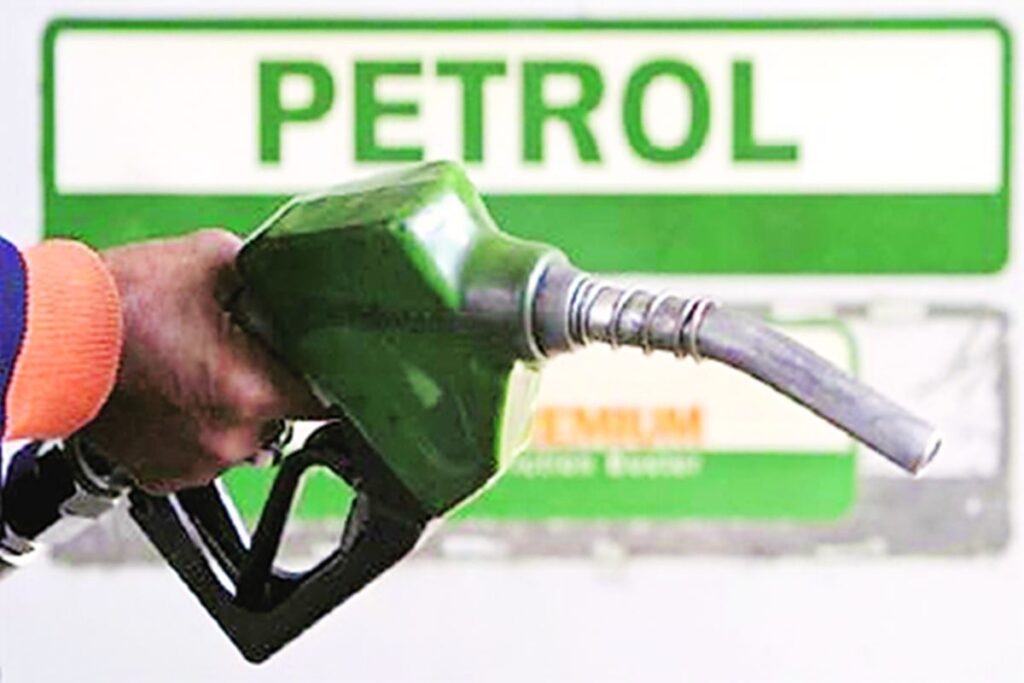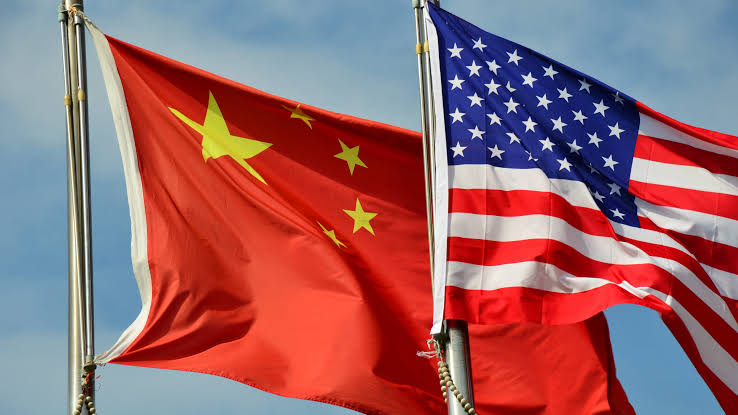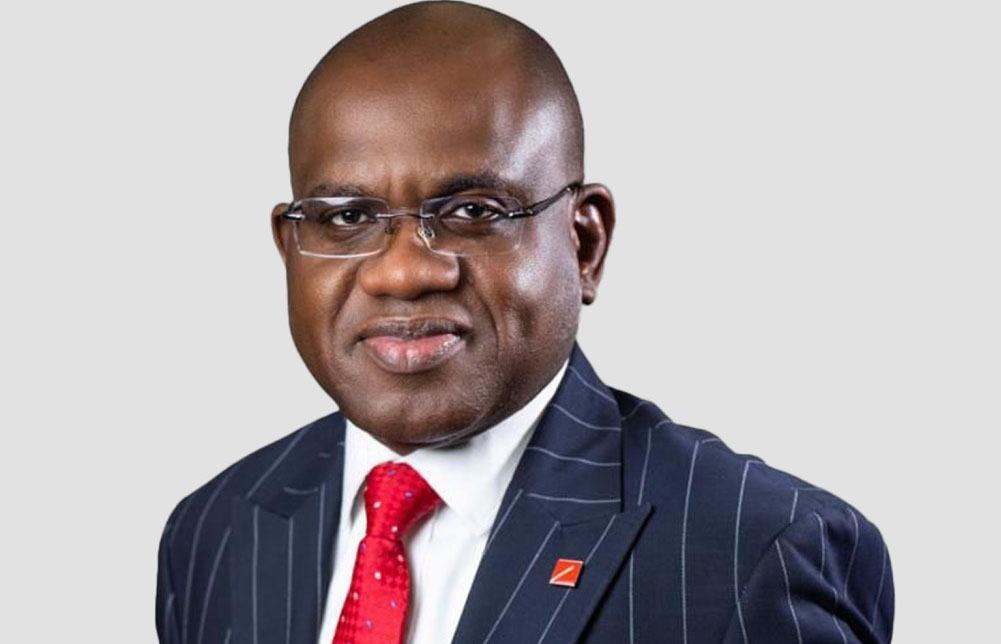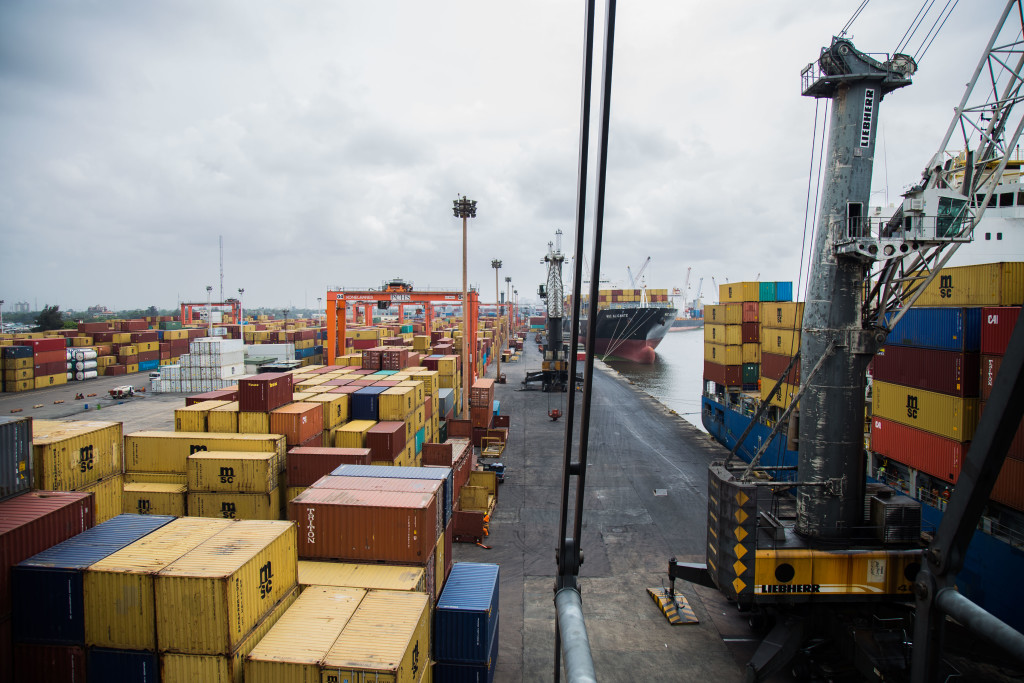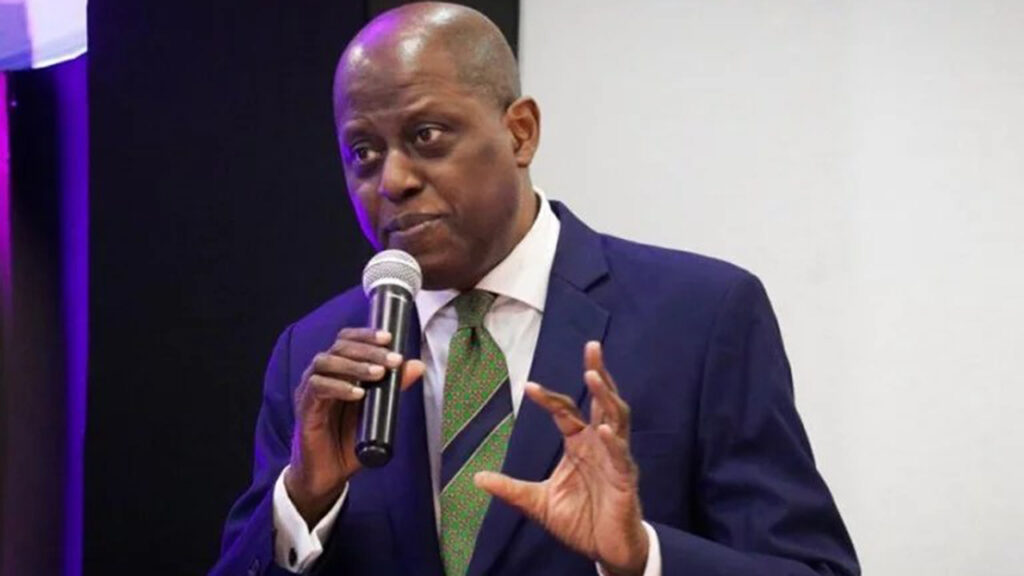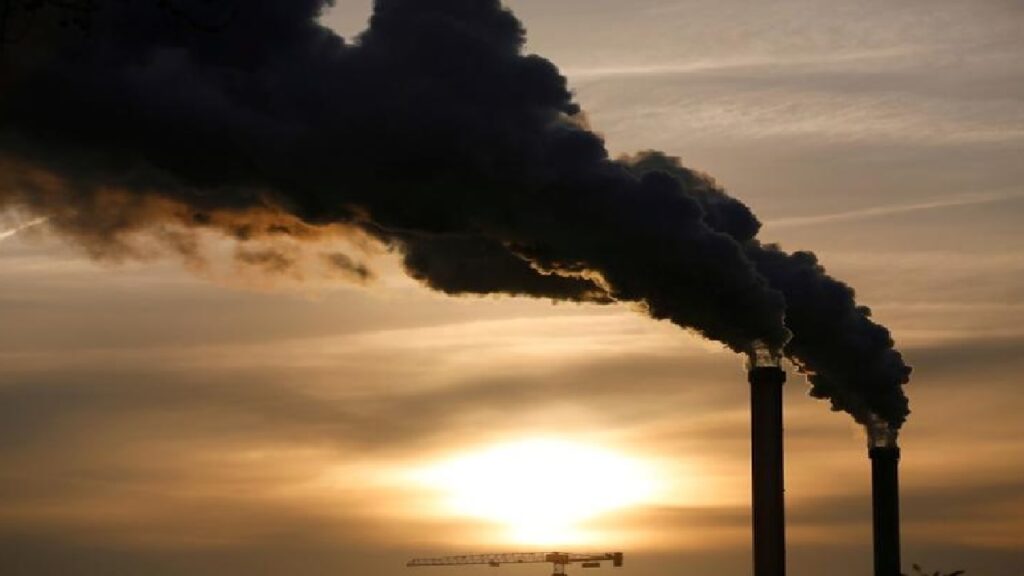A non-governmental organisation, Divine Era Development and Social Rights Initiative (DEDASRI), has accused the Nigerian Midstream and Downstream Petroleum Regulatory Authority (NMDPRA) of frustrating its inquiry into the construction of a 500MT Liquefied Petroleum Gas (LPG) and Compressed Natural Gas (CNG) agreement in the federal capital, Abuja.
The contracts were reportedly awarded in 2023.
DEDASRI and its media partner, MAWA foundation, on January 9 this year, relied on the Freedom of Information (FOI) Act to request information on the contracts awarded to Novertek Energy Limited and Femadec Energy for the petroleum gas depot and Compressed Natural Gas, respectively.
They requested the exact amount for both contracts, their timeline for completion, reports of the procurement/tender bid leading to the selection of the two companies for execution of the contracts, and the exact location of the projects.
Officials of the non-governmental organisations stated that they decided to make the request following their inability to trace the locations of the awarded jobs, adding that “a search at the Corporate Affairs Commission reveals that Novertek Energy Limited is not found on its record, an indication that NMDPRA may have awarded the contract to a fake company in total disregard of procurement laws.”
However, four months after the request was made, NMDPRA is yet to respond to it, a development that the non-governmental organisations stated was not in the interest of the country and good governance.
The Executive Director of DEDASRI, Enwelum Ogechukwu, while decrying the inability of NMDPRA to release the records, stated that it negates the FOI Act, which provided seven days for such a response.
She added that the Nigerian government has claimed that a whopping N100 billion has been spent on CNG-powered vehicles; an intervention it claims is to address the challenges of petrol subsidy removal by the federal government.
“Nigerian experiences have shown that government agencies in the extractive sector frustrate interventions targeted at addressing corruption in the sector. Hence, stakeholders working in the extractive sector need to engage in a strategic participatory process to facilitate transparency in the sector,” she said.
NMDPRA is saddled with the responsibility to provide a regulatory and fiscal framework for the Nigerian Petroleum Industry.

